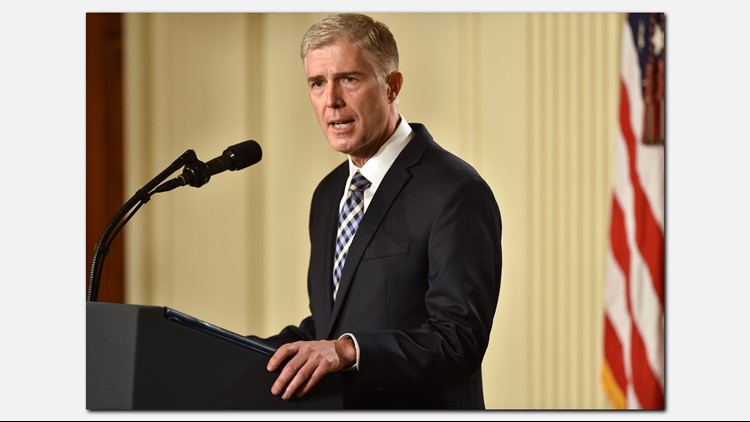When Donald Trump released his first list of 11 potential Supreme Court nominees last May, many legal scholars were surprised Neil Gorsuch did not make the cut.
They needn’t have worried.
Gorsuch, a 49-year-old federal appeals court judge from Colorado, made Trump’s second list in September, then quickly emerged as a favorite among conservatives because of his stellar résumé, distinctive writing style and overall legal philosophy.
But Trump likely chose Gorsuch over the federal appeals court judges at the top of his original list, Alabama’s William Pryor and Wisconsin’s Diane Sykes, because he is viewed as a close replica of the late Justice Antonin Scalia, whose seat he will assume if confirmed by the Senate.
“At the heart of Justice Scalia's legacy is the idea that power rests with the people under our Constitution. That is at the core of Judge Gorsuch's judicial record, as well as his extraordinary career overall,” says Leonard Leo, executive vice president of the conservative Federalist Society, which helped guide Trump's decision-making process.
In a recent study of the most likely nominees, Gorsuch and Pryor emerged as the most like Scalia in a variety of facets, such as their strict adherence to the Constitution and the text of existing statutes.
A rugged Westerner who fished with Scalia, Gorsuch was part way down a ski slope last Feb. 13 when his phone rang with the news that the justice had died. The news hit him hard.
"I immediately lost what breath I had left, and I am not embarrassed to admit that I couldn’t see the rest of the way down the mountain for the tears," he said during a speech at Case Western Reserve University School of Law last April.
Gorsuch went on to align himself firmly with Scalia on the role of judges, who he said "should be in the business of declaring what the law is, using the traditional tools of interpretation, rather than pronouncing the law as they might wish it to be in light of their own political views."
In all of his opinions, Gorsuch is both plain-spoken and entertaining, without the hard-edged sarcasm that Scalia often exhibited.
"He never fails but to produce opinions that are really interesting, captivating and clear," says Howard Bashman, a lawyer whose How Appealing blog tracks the federal appellate courts. "To me, he does seem head and shoulders above the others in terms of his writing style and his intellect.”



